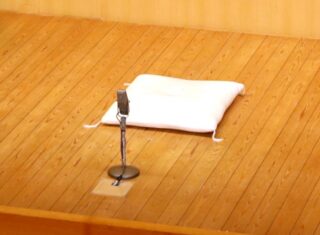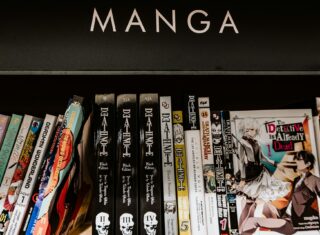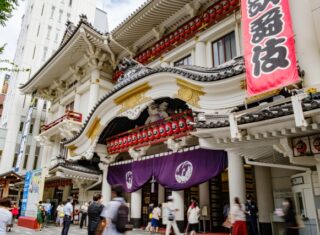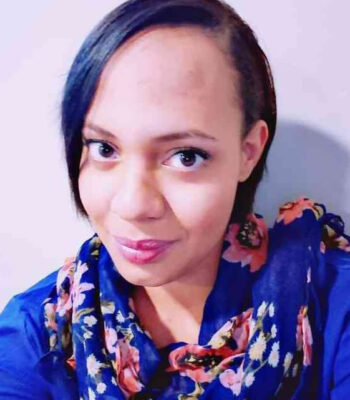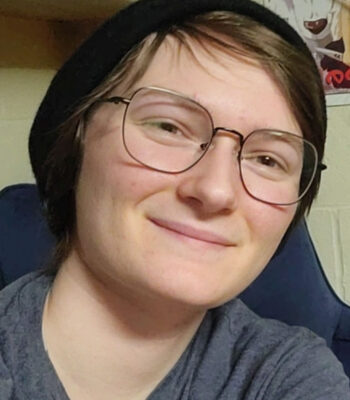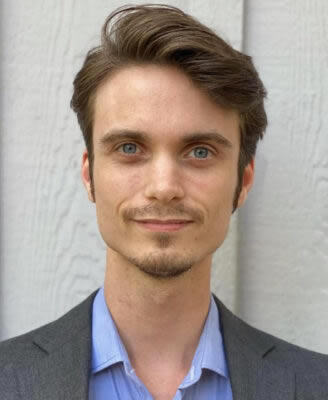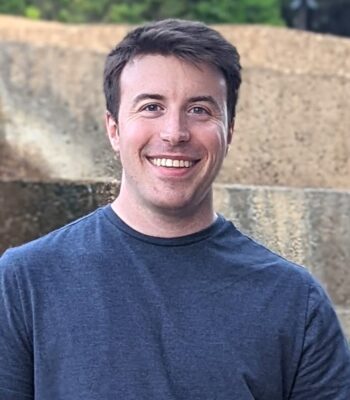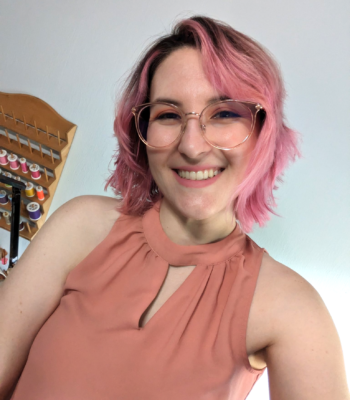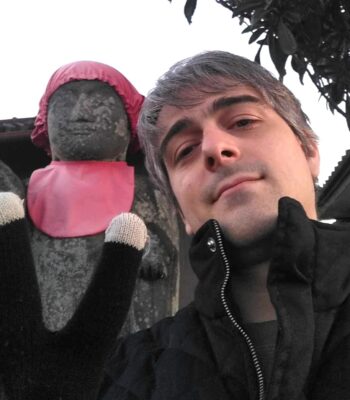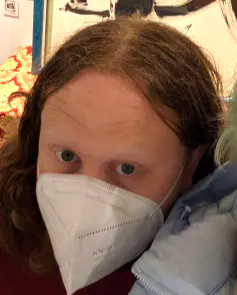- Learning Japanese
- Japanese Culture
From Zero to Fluent in Japanese: The True Story of How I Mastered Japanese and Changed My Life - Part 6: Walking the Fire – Crossing the Threshold
2025.10.12
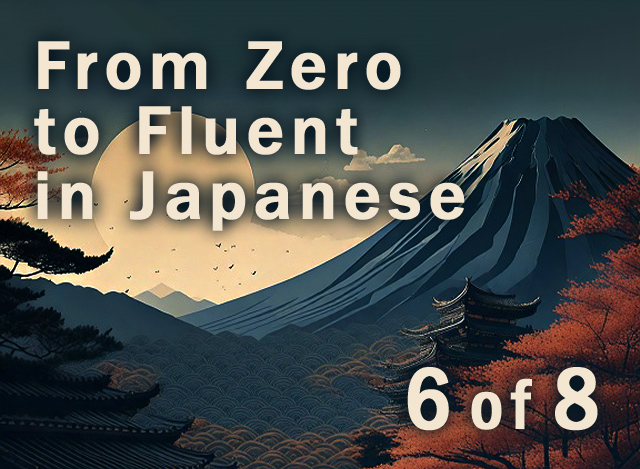
Chapter 20: A Warning in the Workplace
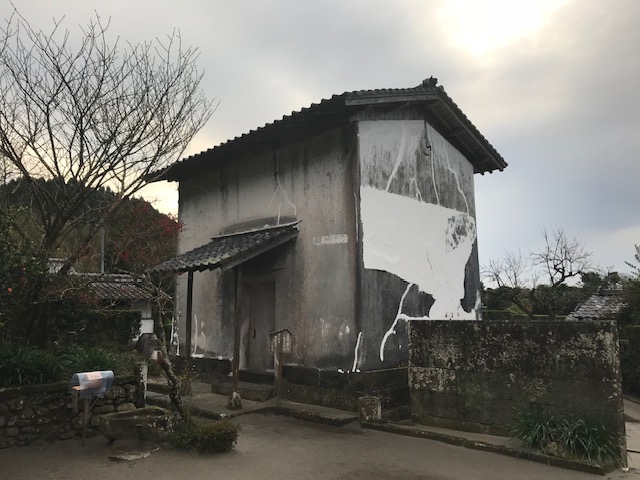
After the spring semester began, while I was still attending lab sessions and pushing forward with my Japanese studies, I began a short-term internship at a local Japanese company.
It sounded promising on paper—a rare chance to experience a real Japanese work environment from the inside. I imagined the cultural insights I’d gain, the language I’d be exposed to, and the opportunity to see how Japan’s world-renowned technology played out in the field.
But the reality?
Well, the reality was much grayer than I expected.
From day one, the atmosphere felt... robotic. Not cold exactly, but distant. Quiet. Everyone sat silently at their desks, eyes fixed on their screens, backs straight, not a single unnecessary movement. It wasn’t just that the work was serious—it was that any sign of life, even something as small as eating a snack at your desk, was considered inappropriate. There was no joking around, no chatting, no glancing at your phone. Just work. Hour after hour.
I had been assigned the mundane task of creating machine learning material for their developing AI system, and quickly learned that the internship itself wasn’t meant to teach—it was meant to expose. I was handed repetitive, monotonous work, with little guidance or support. I could tell that to them, I was mostly a novelty—someone they could practice their English on. Ironically, despite several of their managers insisting on speaking to me in English, their English level was extremely limited… far more limited than my Japanese. But when I tried to reply in Japanese, they’d shift uncomfortably or ignore it altogether.
There was no malice. But there was no connection either.
One afternoon, I remember looking around the office and seeing rows of exhausted-looking employees hunched over their keyboards, typing quietly, lifelessly. Most of them had arrived early in the morning, and would stay long into the night. When I asked one of the veteran employees how often people stayed late, he shrugged and said, “Oh we have it really good here; most people only need to do about 2 hours of overtime a day.”
Everyone did it.
Without complaint.
Without joy.
Without escape.
Without thinking.
Lifelessly throwing themselves at assignment after assignment. Living off of horrible junk food from Japanese convenience stores just so that they could get one more minute of work in during lunch break.
And that’s when a voice echoed in my head—“I would rather die than live like this.” It came not from drama, but from deep, visceral truth. I couldn’t see myself spending a lifetime in an environment like this. This wasn’t the Japan I had fallen in love with. This was something else—something rigid, stifling, and, in many ways, broken.
This internship revealed to me the dark side of the Japanese work culture.
I began to see how the rigid seniority system (上下関係) created an environment where subordinates had no say. Whatever the boss said—that was law. No questions. No creative dialogue. No input from below. The younger employees worked hard, produced real results, and were largely ignored. All the credit went to their supervisors. The cycle repeated.
It was a stark contrast from the research lab, where, despite the hierarchy, there was warmth and inclusion. In this office, I felt like an ornament. Something foreign and out of place. Something they weren’t quite sure how to use.
I also noticed that even among themselves, there was no real sense of camaraderie. No team lunches, no collaborative discussions—just duty. Silence. Obedience. And above all, endurance.
Of course, now I know that not all Japanese companies are like this. In fact, the one I work at today is nothing like this at all. There are good environments, progressive teams, and people that are actively fighting this outdated culture.
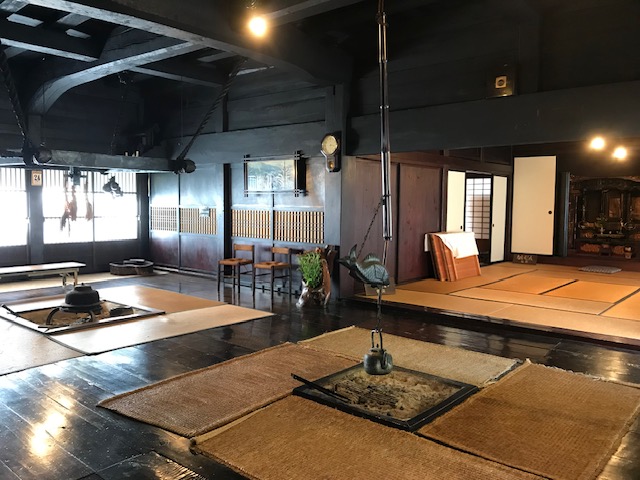
But back then, I didn’t know that.
Back then, I thought this was the norm.
And I panicked.
That internship was one of the biggest reasons I ultimately decided to return to the U.S. after my year abroad. Not because I hated Japan—but because I needed time to understand what kind of life I truly wanted. I needed to be sure that if I returned to work in Japan, I would do it on my terms, in the right kind of place, with the right kind of people.
I learned that just because you love the language, just because you enjoy the culture, doesn’t mean every work environment in Japan will be a good fit. You can’t assume that using Japanese in your job will make you happy. That’s a trap. What will make you happy is being in an environment that appreciates you, and a company that grows you just as much as you grow the company.
If you feel like you’re being used, undervalued, trapped in a role you dislike, or that your life energy is being sucked out of you every moment, you will never be able to make the most of your bilingual skills, and will never be truly happy in that environment.
The experience taught me to set clear boundaries and define what was important to me.
To define what kind of work I was willing to do—and what kind of treatment I would never accept again.
It was, in a word, a warning.
A harsh one. But one I needed to hear. Not everything about Japan is fun and roses; you need to choose carefully.
And to this day, when OSJ students ask me about working in Japan, I don’t sugarcoat it. I tell them the truth:
“Loving Japan isn’t enough. You have to love the way you live with it. You have to choose your own way of living with Japanese and Japan that fits YOUR definition of happiness, not theirs.”
It was this internship that taught me to say no.
And for that, I’m deeply grateful.
★Also try reading:
Understanding Modern Japanese Society Through Dramas – 5 Must-Watch Japanese Series
Chapter 21: Becoming a Member of the Pack
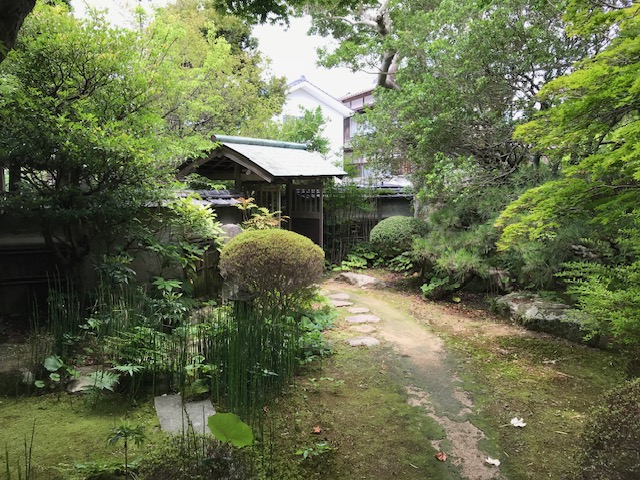
Spring arrived in Okayama, and with it came a quiet shift.
I had now spent months in the research lab—months of fumbling over kanji, drowning in unfamiliar vocabulary, and wondering whether I truly belonged. But little by little, the edges began to soften. The icy distance of those first few months gave way to something warmer, more human.
I wasn’t just the foreigner in the room anymore.
I was starting to feel like part of the team.
It started with small gestures. A casual joke aimed in my direction. A small chat before a group presentation. And then, before I realized it, I was part of the daily rhythm—walking together to the cafeteria, grabbing drinks from the vending machine, staying late in the lab just to sit together, heads bowed over our laptops in shared silence.
I had passed some kind of invisible threshold.
I still wasn’t perfect. My technical Japanese was far from flawless, and every day was still a challenge. But it was a challenge I could now face with them—not alone. I had found something here I didn’t expect: real friendship, real comradery.
One of the biggest surprises was when it came time to work on my research project. I needed to learn Python—something I had never been good at. Languages, sure. Grammar, yes. But programming? It felt like a foreign language I had never wanted to learn.
But my research required it. And so I struggled.
And then came Matsumoto-san.
He didn’t have to help me. He had his own thesis, his own deadlines, his own life. But hour after hour, he sat beside me—pointing out bugs in my code, teaching me better ways to structure my logic, showing me how to debug, and even writing large chunks of the machine learning program himself. He never complained. He just helped. Quietly. Steadily.
Our senpai joined in too. Patient, generous, and encouraging. Together, they pulled me up—line by line, function by function—until my program actually started to run. It wasn’t pretty. But it worked. And I’ll never forget the way it felt to run that code for the first time—not alone, but as part of a team that wanted me to succeed.
But it wasn’t just the work that made those months unforgettable.
I started getting invited to the lab’s “nomikai”, or drinking get-togethers. One time, the two Chinese students in our group brought ingredients for an authentic Chinese hot pot. They cooked everything themselves—spices, tofu, vegetables—and we all sat around the table, laughing, eating, drinking late into the night. I still remember the heat of the spice, the warmth of the room, the jokes bouncing back and forth in a mix of Japanese, Chinese, and English.
That night, I didn’t feel like a foreigner at all.
I felt like one of them.
Even Abe-sensei joined in—his laugh quiet and kind, his eyes always gentle. He told me, more than once, how thankful he was that I had joined the research group. He said it had been a good experience for the others to work with someone from overseas. But what he didn’t know was that I was the one who was most thankful.
What I received from that lab went beyond research experience.
It was trust. It was mentorship. It was family.
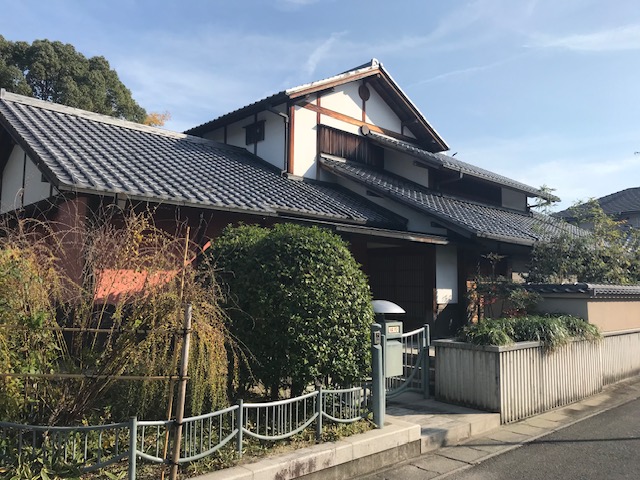
As a small gesture of gratitude, I offered to teach English to the other members of the lab. It wasn’t like the awkward situations I’d been in before, where people just tried to use me for casual English conversation. No—this was real teaching. Structured, respectful, mutual. I didn’t feel used. I felt useful.
And watching them try, seeing their curiosity and determination—it reminded me why I had fallen in love with language in the first place. It reaffirmed something I had begun to suspect: that language education, done right, could change lives. That maybe… just maybe… I could be someone who helps make that happen.
Those final weeks in Okayama were some of the most emotionally complex of my life.
I had found a rhythm, a place, a group of people who saw me not as a novelty—but as a fellow member of the pack.
And yet… the end was approaching.
My return to the U.S. loomed on the calendar. I tried not to think about it, but every shared meal, every class, every casual walk through the campus became tinged with the sadness of something precious slipping away.
Honestly, I didn’t want to go at first.
I had fallen in love with the life I had found there in Okayama—The people I had met. The connections I had made. The long bike rides along the river. The quiet evenings going back to my apartment after a long day of work in the lab. Eating Tuna-mayo onigiri and peach jello cups after a hard study session. The small talks between research sessions. The feeling of being seen, appreciated, and truly included.
But in my heart, I knew I had to leave.
★Also try reading:
Discover Japanese Culture Through Anime! 6 Carefully Selected Anime That Bring Japan’s Traditions to Life
Chapter 22: One Journey Ends, Another Begins

The sun dipped low over Okayama as I stood inside the lab one last time, gazing through the window of the building that had, in so many ways, become a second home.
Everything was packed. My research desk was empty. The apartment key had been turned in. The internet router returned. I had sold off the things I couldn’t take with me. And yet… something inside me was still very much open.
It was the quiet moments that hit me the hardest—watching the light stretch across the floor of the campus hallway I used to walk through for my Japanese classes. Seeing the vending machine I’d always stop at after a long study session. The sound of laughter drifting from the international student lounge, the smile of the old couple as I walked into their mom-and-pop restaurant on the top of campus for the last time.
Somewhere deep in my chest, I felt it: Japan had become a part of me.
It’s funny. You don’t always notice when change happens. You just wake up one day and realize that the way you think, the way you speak, the way you approach life—it’s shifted. Something essential has rearranged itself inside you.
And that’s what this year had done.
When I first came to Japan, I thought I knew what it meant to “learn a language.” I thought I was coming to perfect my Japanese, to sharpen my grammar, to study harder than ever. But Japan taught me that language is not just what you say—it’s how you live.
More than vocabulary or kanji, what I gained was a new lens: a way of moving through the world that was slower, more deliberate, more attuned to the people around me. Japan had shown me that what’s unsaid is often what matters most—and that if you want to be accepted, you must first accept.
But this wasn’t just a year abroad. It was the culmination of a journey that had started long before: all the way from when I wrote my first hiragana… to now. Finally, I had achieved my dream of becoming fluent in Japanese.
Yet still, I wasn’t done. In fact, I wasn’t anywhere close to done.
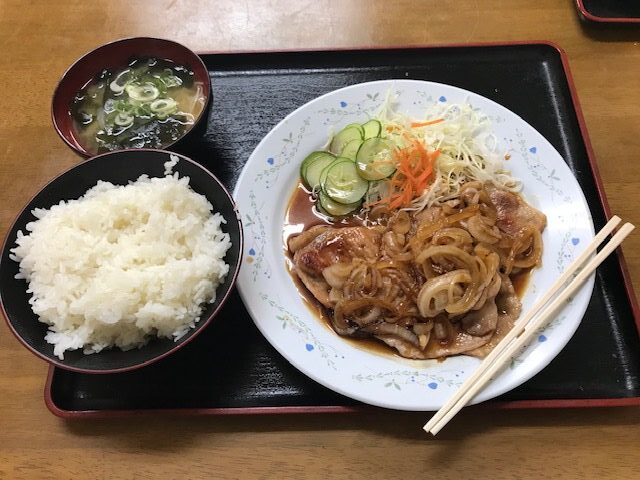
I had been accepted to a job back in the U.S.—my first full-time position, as an Application Engineer in the semiconductor industry. After everything, the next phase was already lined up. The flights were booked. I had just a few weeks left before I’d leave this place that had carved so deeply into my heart.
And strangely… I knew it was the right time.
Not because I had “finished learning.” Not because Japan was any less dear to me.
But because deep down, I could feel it: if I stayed now, I wouldn’t grow. If I stayed now, I would never become the man I was meant to be.
There’s a strange danger in staying somewhere that feels too comfortable. Too easy. Too reliant on the support systems around you. Something deep inside me sensed this, and that if I stayed in Japan the wrong way, I would grow to hate it. If I lived a life of complacency that brought out the worst of Japan, all my efforts to understand the country and develop a deep connection with it would go out the window. Day by day I would have grown resentful, frustrated with all the worst parts of Japan and a life that didn’t challenge me in the right ways or satisfy me.
My gut feeling told me I wasn’t ready to live here in the right way. In the way that would truly make me happy.
I needed to leave, so that I could return someday as the right version of myself.
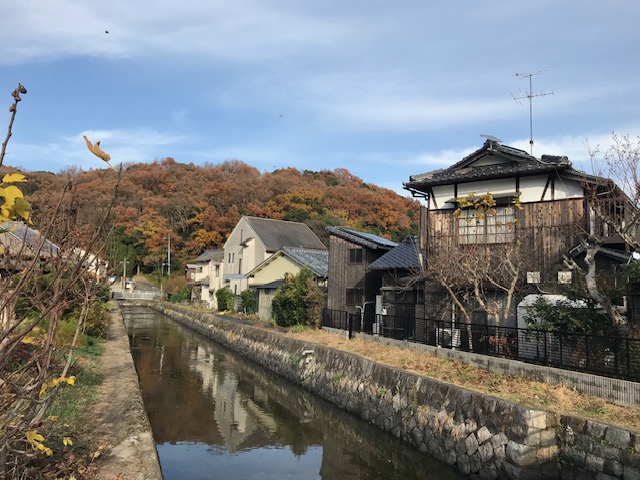
As I walked through the familiar streets of Okayama that final summer, I thought about the boy I used to be.
The one who had dreamed of Japan in his dorm room.
The one who couldn’t read a menu or order donburi without stumbling.
The one who had once felt like a stranger here.
That boy was gone.
In his place stood someone forged through mistakes, misunderstandings, and tiny victories. Someone who had made a real connection with the Japanese people—and with people from around the globe. Someone who had learned to read the air. Someone who had finally been accepted—not just as a visitor, but as part of the pack.
I had come to Japan chasing a dream.
I was leaving with something far greater: a foundation.
But make no mistake: I was not heading back to the U.S. to rest.
I was going back to war.
For the first time in my life, I was going to use Japanese—not in a classroom, not in a study session, but in the real world. In the world of business. Of clients. Of meetings and manufacturing specs and high-stakes communication.
No more training wheels. No more hand-holding.
If I failed now, it wouldn’t just be a bruised ego. It would mean unemployment. It would mean homelessness. It would mean the collapse of everything I had worked for. It would mean that OSJ—the school that hadn’t even been born yet—would never exist.
I didn’t know it at the time, but what lay ahead was harder than anything I had faced in Japan. Grueling hours. Working to the brink. Pain. Doubt. Hopelessness. All or nothing, live or die. And through it all, the slow, brutal, relentless climb toward becoming the person I needed to become.
That path would push me to my breaking point.
But it would also give me the fire to build something far greater than myself.
It was time for me to build the tiny bonfire into a raging, unstoppable flame.
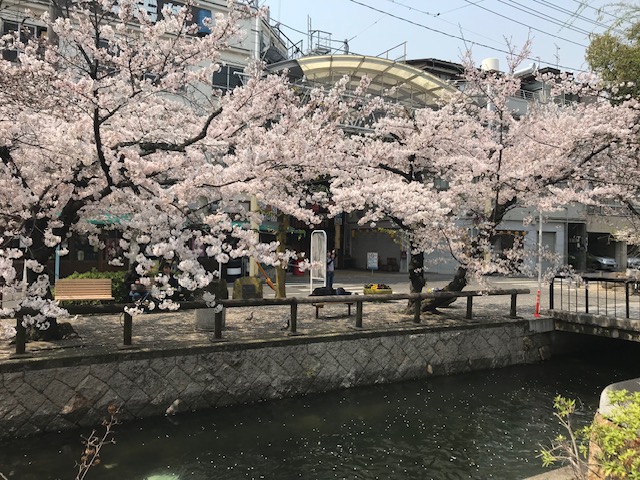
So as the sun set on my final days in Okayama, I didn’t see it as an ending.
I saw it as a prologue.
Because that’s the truth, isn’t it?
The end of one journey is often the beginning of another.
And mine was just getting started.


